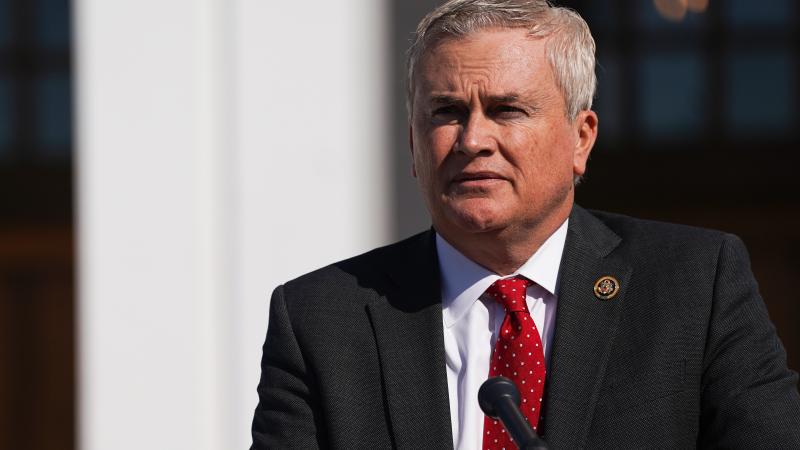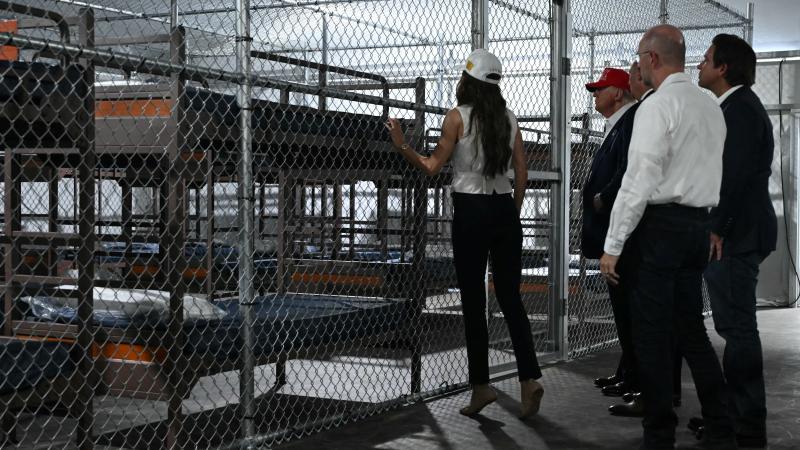Biden administration blames Trump for chaotic Afghan withdrawal
Trump's name appears 14 times in the document, even though all U.S. service members left Afghanistan seven months after he left the White House.
The Biden administration released a report Thursday on its deadly, final military troop withdraw from Afghanistan in August 2021 that cast significant blame on former President Trump.
"During the transition from the Trump Administration to the Biden Administration, the outgoing Administration provided no plans for how to conduct the final withdrawal or to evacuate Americans and Afghan allies," the 12-page report states. "Indeed, there were no such plans in place when President Biden came into office."
Thirteen U.S. service member were killed Aug. 13 of 2021 when a bomb exploded outside the Abby Gate and the Hamid Karzai International Airport in Kabul, near the end of the withdraw. The terror attack also killed at least 170 Afghan civilians.
Trump's name appears 14 times in the report. The former president toward end of his four year term negotiated the U.S. military finally leaving Afghanistan – after having invaded the country just weeks after Sept. 11, 2001, terror attacks and staying there for roughly the next 20 years.
The departure agreement, which included negotiations with the militant political group the Taliban, fulfilled Trump's campaign promise to end the United States' so-called endless wars.
The report released Thursday is not the first time the Biden administration has blamed Trump, arguing it inherited the deal with the Taliban and the hard-stop exit date.
The White House said in the report that Trump's actions "embolded [sic] the Taliban" while Afghanistan suffered "four years of neglect," including by having a "disregard and even hostility toward our commitment to Afghan allies [that] led to a massive backlog of over 18,000" special immigrant visa applicants.
The report concludes by stating that Biden's decision to withdraw from Afghanistan put the United States "on a safer and stronger footing" by addressing terrorist threats in the nation without having troops on the ground.















